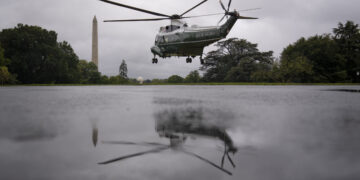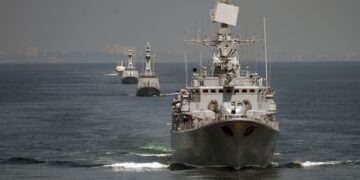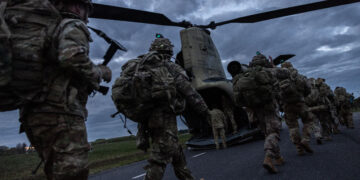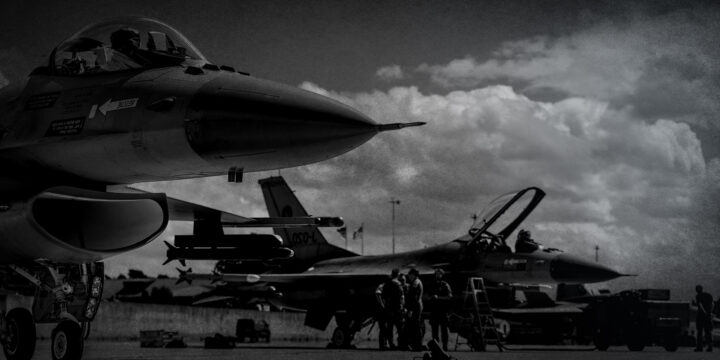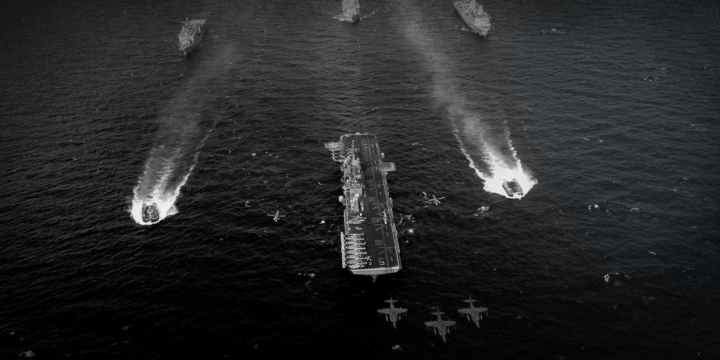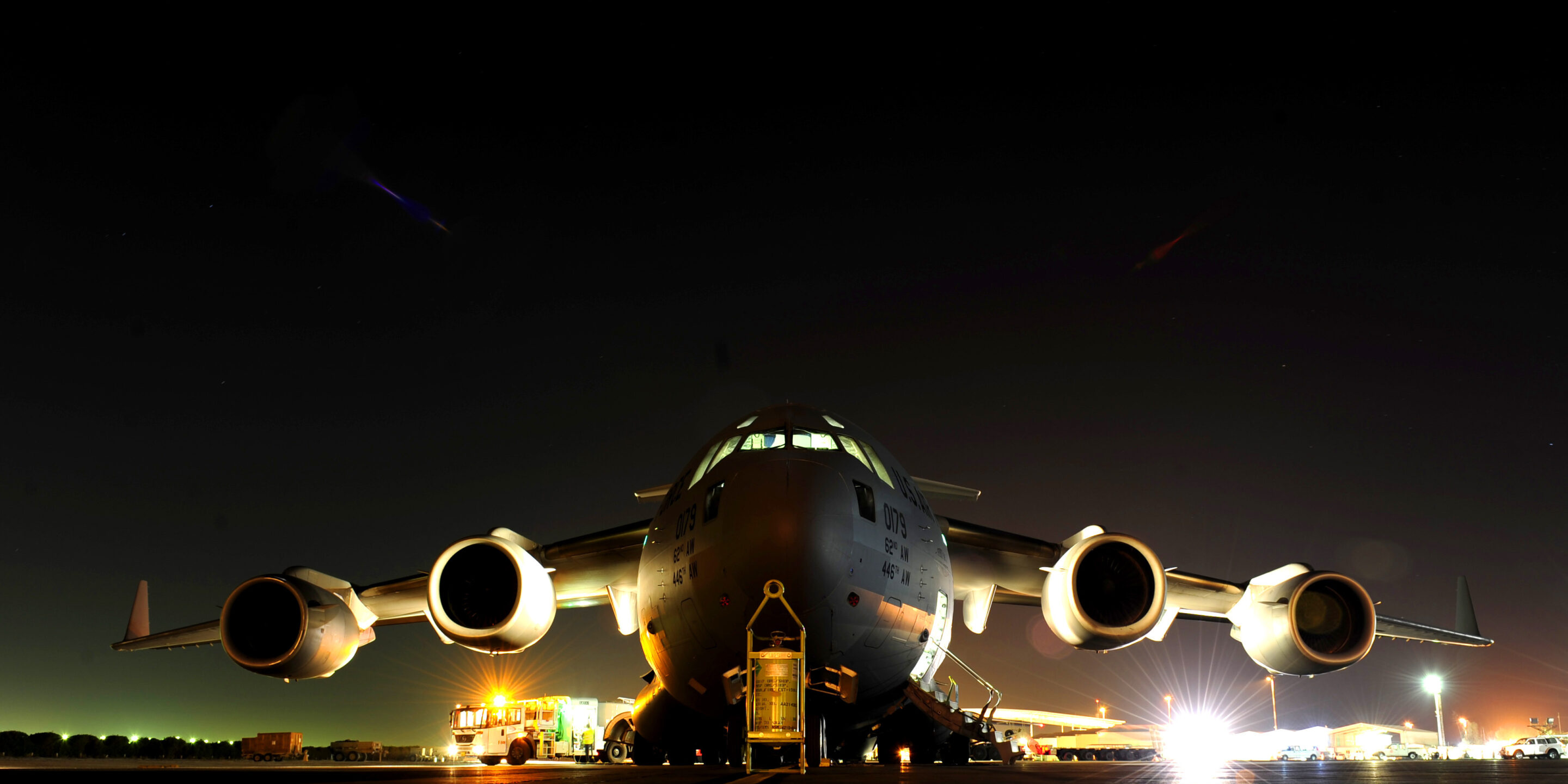
More than two years in, the war in Ukraine shows no sign of slowing down and instead appears to be escalating. Russian forces recently launched a new offensive into the Kharkiv region. Confronted with slow Russian advances and Ukrainian manpower issues, the U.S. Chairman of the Joint Chiefs recently said that NATO trainers will “eventually” be sent to Ukraine to provide support closer to the frontline.
The Pentagon’s willingness to send NATO trainers to Ukraine raises the specter of direct U.S. involvement in the war and is a concession to French President Emmanuel Macron’s suggestions earlier this year. In March, Macron said that France would deploy troops in Ukraine if Russian forces approached Kyiv or Odesa, adding that France would “do everything possible to prevent Russia from winning this war.” Several European leaders have since made statements endorsing Macron’s newfound hawkishness, while U.S. and German officials initially responded by saying that there would be no NATO soldiers on Ukrainian soil.
If Macron and other European leaders take a more confrontational stance and weigh the possibility of directly intervening in Ukraine, then they do so because they assume U.S. officials will eventually back them up—or already do. Rather than signing on to Macron’s intervention, the U.S. should make clear that it will not sacrifice American lives and intends to shift focus away from Europe, to force a readjustment of expectations and incentivize Europe to take more responsibility for its own defense. Indeed, there are reasons to believe that Europe is already responding to the pressures of war in this way.
More on Europe

Featuring Jennifer Kavanagh
April 17, 2025
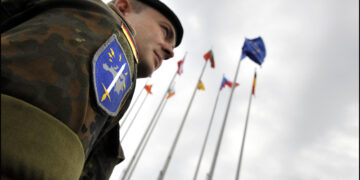
April 8, 2025
Events on NATO


